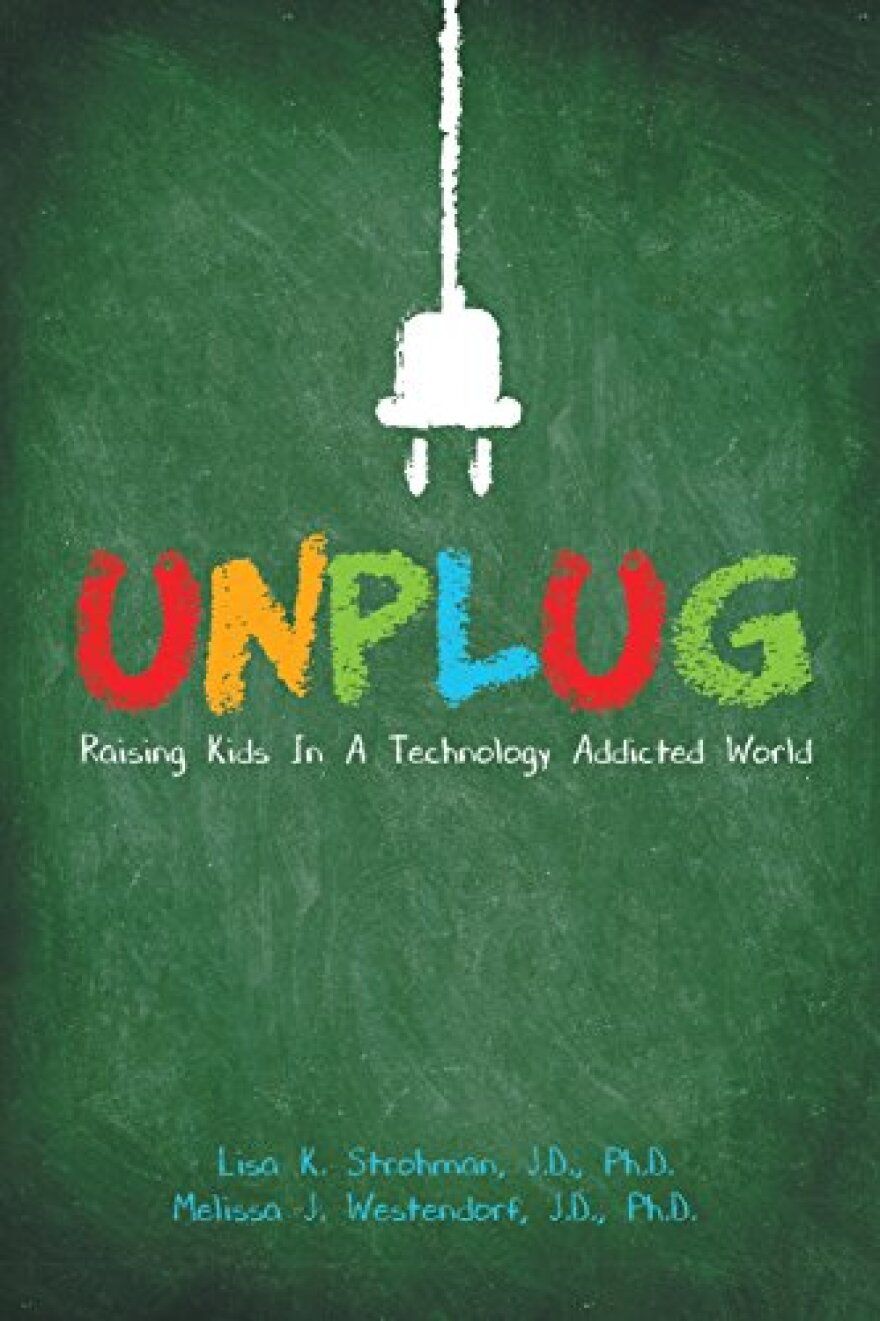In today’s technology-immersed world, how much technology is too much for a growing child? Outside of the computers and tablets they may use in school, much of a typical kid’s social or entertainment time these days might be of the electronic variety.
According to Common Sense Media, children 8-12 years old log 4 ½ hours of screen time a day, seven days a week, 52 weeks a year. For teens, it's nearly seven hours a day. In 1999, screen time of any kind was discouraged for children under 2 years of age. But just last month, the American Academy of Pediatrics relaxed those guidelines to 18 months and under.
But how do you tell when technology begins to negatively impact a child’s life?
"I can't stress how important it is to strike a balance," says local clinical and forensic psychologist, Melissa Westendorf. "I think parents need to do that as well because that provides a good role model for the kids."
Westendorf, along with co-author Lisa Strohman, investigate the issue of children and technology use and offer strategies to better navigate your family’s relationship with technology in Unplug: Raising Kids In A Technology Addicted World.
Westendorf notes that technology use (and abuse) can not only lead to bad habits, but also legal, emotional and personal issues that extend far beyond the child.
“I’m a forensic psychologist…and unfortunately I had too many clients who were either older adolescent males or young adult males who had become addicted to whatever their technology was, and it had gotten them into some legal trouble," she says. "A lot of these kids were...what you consider 'normal adolescents,' except for this one piece of their life."

In order for other parents to avoid this potentially harmful path, Unplug offers a "Technology Use Continuum" test that can help identify any problems that may surface. The four main areas of concern, according to Westendorf, include interpersonal, behavioral, physical and emotional problems.
Although adolescence is by default a time of change and challenge for both kids and their parents, there are some indicators of technology overuse that can interrupt a child's daily schedule; including lack of interest in extracurricular activities, spending less time with friends, weight gain, sleep deprivation and depression.
Westendorf notes that a good indicator of an unhealthy relationship to technology is the reaction a parent observes when they take devices away. "Do they throw a huge tantrum? Do they become withdrawn or depressed when they don't have it, and then the minute they have it they're much more engaged?" she asks. "So we're thinking of the rewards system that the technology can have on your brain - is that getting over stimulated?"
While Unplug does offer certain strategies and interventions to better navigate a family’s relationship with technology, Westendorf suggests starting "tech-free Tuesday" for both parents and children to adhere to - especially at the dinner table.
"Our work life is now trickling into our home, and so it's taking away for of our sacred space that we've always had...So really, when we work with parents and families, it's a system we're helping, not just one child," she says.
As a parent herself, Westendorf admits that keeping a balance between work, children, school and technology is difficult. But if parents use technology not just for work or as a distraction for children, a healthy relationship can be built and maintained for the family and for their relationship to technology. In fact, Westendorf encourages parents to engage with their children additionally through technology to set a healthy example.
"It's really about trying to maintain this open communication and dialog between kids and parents, and so the earlier you can start it, the better."







